World unprepared for future pandemics if inequalities not tackled: UNAIDS
A joint United Nations program on HIV and AIDS (UNAIDS) has warned that the world could face 7.7 million AIDS-related deaths over the next 10 years if stark inequalities are not addressed.
In a new report, the agency called for immediate action to ensure vaccine equity, warning that the world will remain trapped in the COVID-19 crisis and dangerously unprepared for all future pandemics.
In an urgent call to action ahead of World AIDS Day on December 1, the report warned that the COVID-19 pandemic is deepening the inequalities, setting the goal of ending the disease as a public health threat by 2030.
The UNAIDS report found that some countries, including some with the highest rates of HIV, have made “remarkable progress” against AIDS.
However, it pointed out that new HIV infections are not falling fast enough to stop the pandemic, with 1.5 million new HIV infections in 2020 and growing HIV infection rates in some countries.
The message comes as the UN Children’s Fund (UNICEF) reported that at least 310,000 children were newly infected with HIV in 2020, or one child every two minutes.
Another 120,000 children died from AIDS-related causes during the same period, or one child every five minutes, the agency said.
The latest UNICEF report warns that the COVID-19 pandemic is deepening the inequalities that have long driven the HIV epidemic, putting vulnerable children, adolescents, pregnant women and breastfeeding mothers at increased risk of missing life-saving HIV prevention and treatment services.
“Progress against the AIDS pandemic, which was already off track, is now under even greater strain as the COVID-19 crisis continues to rage, disrupting HIV prevention and treatment services, schooling, violence-prevention programmes and more,” Winnie Byanyima, UNAIDS Executive Director said.
“We cannot be forced to choose between ending the AIDS pandemic today and preparing for the pandemics of tomorrow. The only successful approach will achieve both,” he added.
According to UNICEF, 2 in 5 children living with HIV worldwide, do not know their status, and just over half of children with HIV are receiving antiretroviral treatment (ART).
“Unless we ramp up efforts to resolve the inequalities driving the HIV epidemic, which are now exacerbated by COVID-19, we may see more children infected with HIV and more children losing their fight against AIDS,” Henrietta Fore, UNICEF Executive Director, said.
It also noted that infections are following lines of inequality. Six in seven new HIV infections among adolescents in sub-Saharan Africa are occurring among adolescent girls.
Deepening inequalities
Western countries have been accused of hoarding vaccine supplies, leaving billions of people in low income countries vulnerable to the deadly virus.
According to the Global Dashboard for Vaccine Equity, established by UNDP, WHO and Oxford University, more than 55 percent of people have received at least one dose of COVID-19 vaccine.
However, there is a stark gap between vaccination programs in different countries.
Vaccination rate in the UK has passed 70 percent, while in the African country Congo it lags behind at around 1 percent, pointing to a grim picture.
Inequitable vaccine distribution is also allowing more deadly variants to emerge and spread across the globe, impeding efforts to overcome the pandemic.
Vaccine inequity threatens all countries, as the latest coronavirus variant Omicron has been found mostly in Africa, where the vaccine rollout has been abysmally slow.
The Omicron variant, which emerged in South Africa earlier this month, has forced countries across the globe to close their borders to people from the African countries.
Jeremy Farrar, director of the Wellcome Trust, a health research charity, said the new variant shows why the world needs to ensure more equitable access to vaccines and other public health tools.
"New variants are a reminder, if we needed it, that the pandemic is far from over," he said on Twitter. "Inequity is what will extend the pandemic."
Africa has the slowest vaccination rate of any continent, with just 10.3 percent of the population receiving at least one dose of a vaccine.
Jan. 15: ‘Axis of Resistance’ operations against Israeli occupation
VIDEO | US fires: Criticism mounts over govt. failure to respond
VIDEO | Fears, hope in Gaza amid intensified ceasefire efforts
VIDEO | Press TV's news headlines
Hamas: Ceasefire agreement result of steadfastness, resistance in Gaza over 15 months
Hamas thanks Iran, Resistance Front following achievement of ceasefire in Gaza
'Capitulation': Israeli officials and media concede Gaza defeat as truce unfolds
'Gaza has won': Social media users react to ceasefire with mix of relief, joy


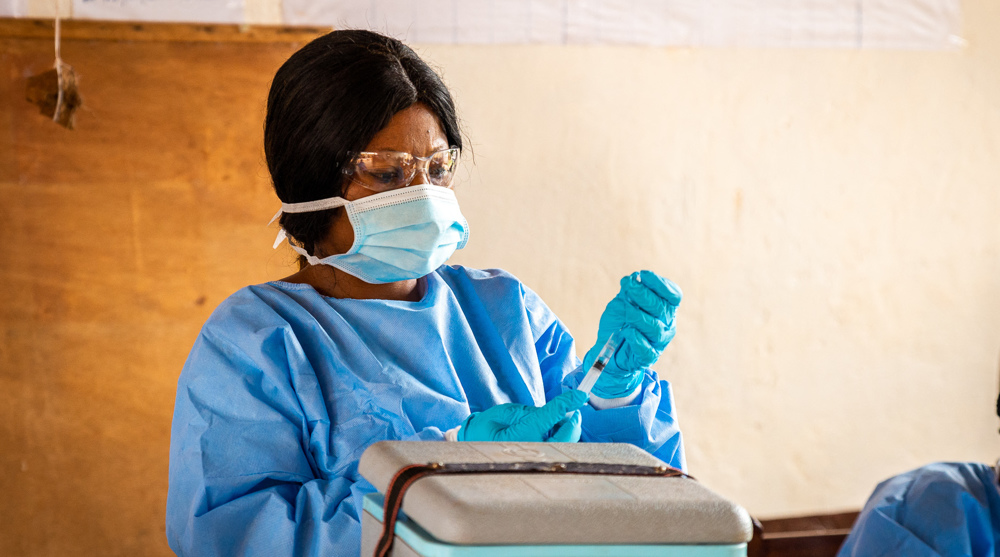
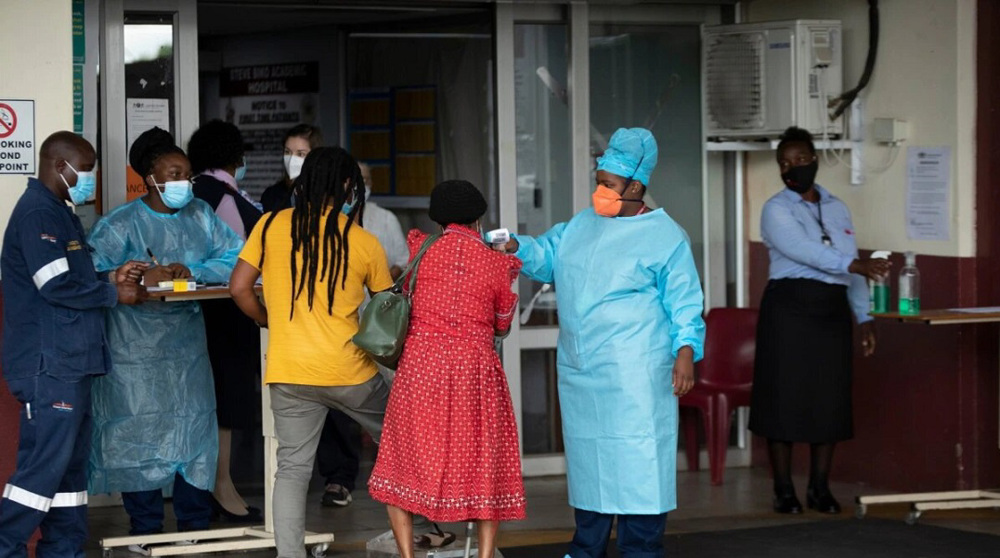
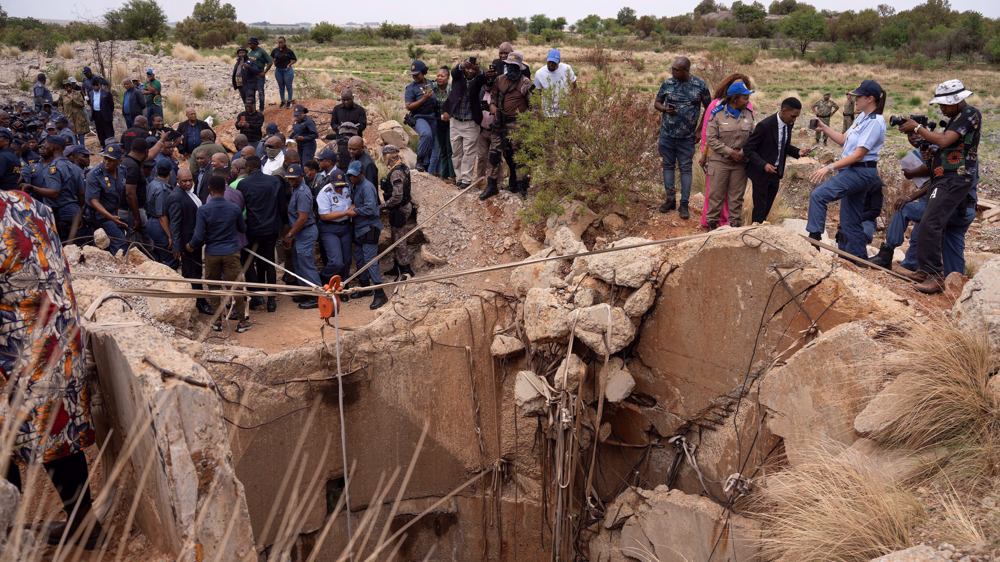
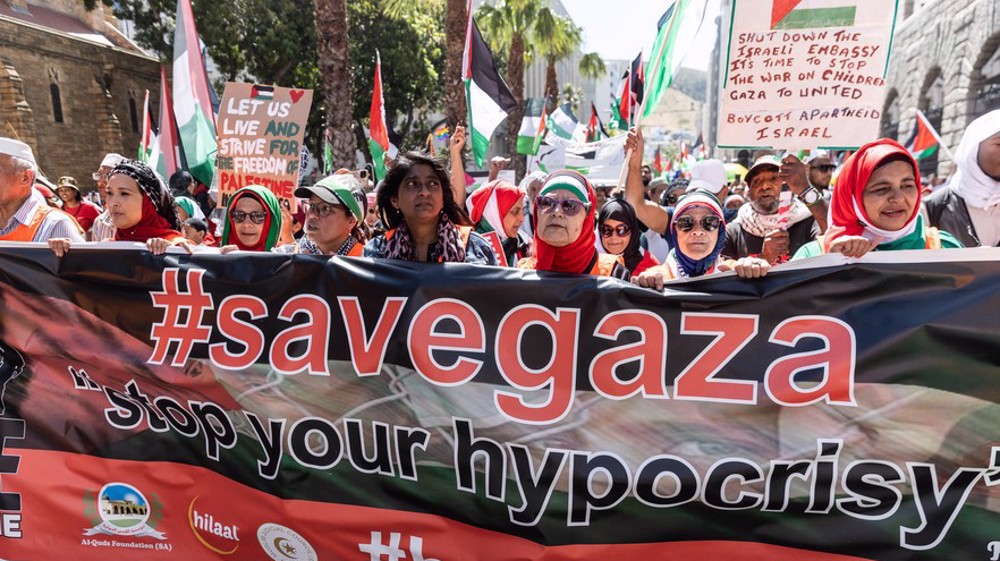





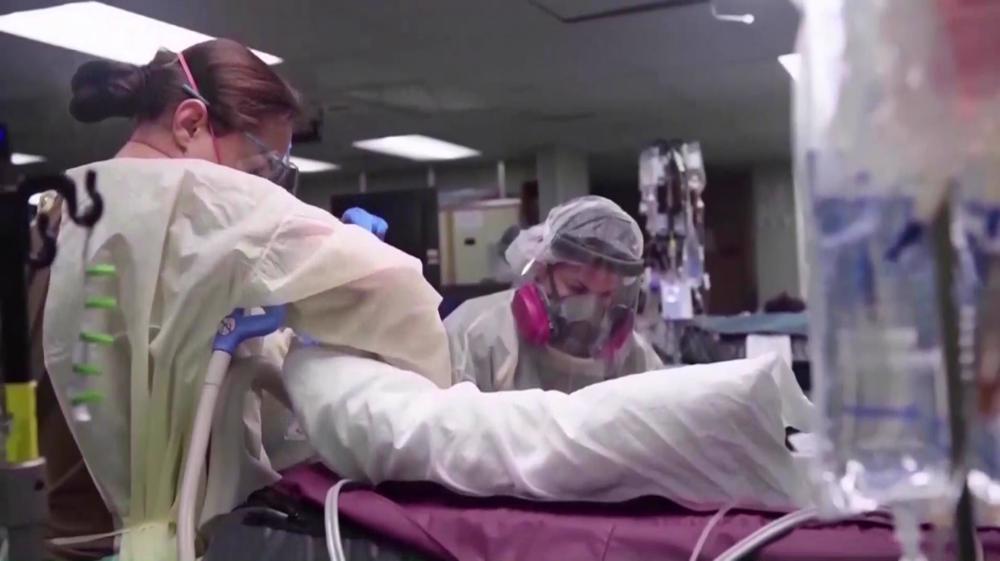
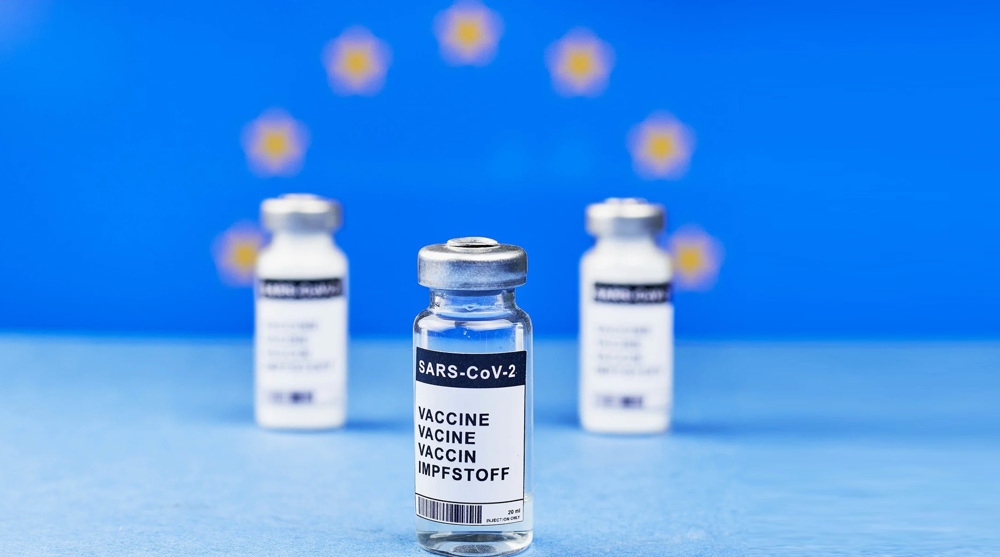
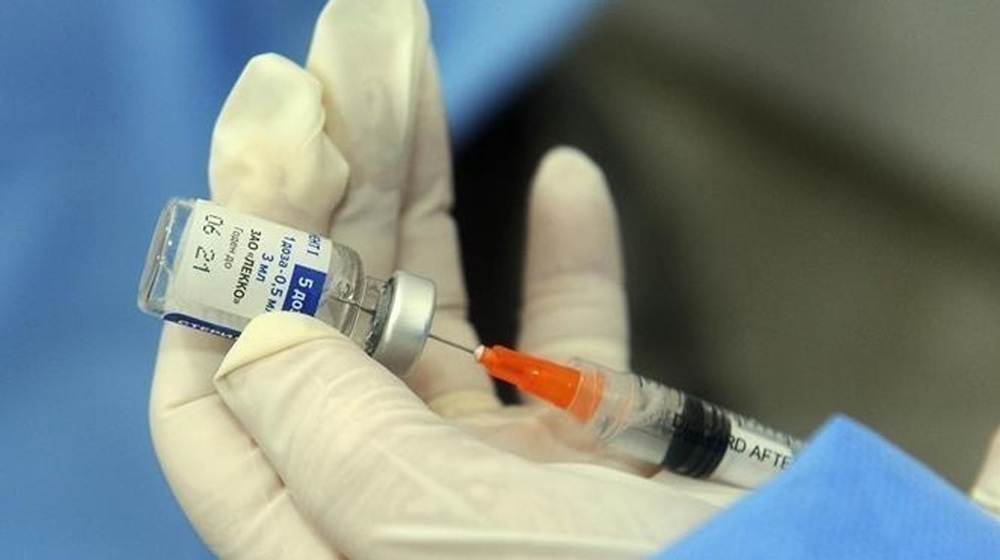
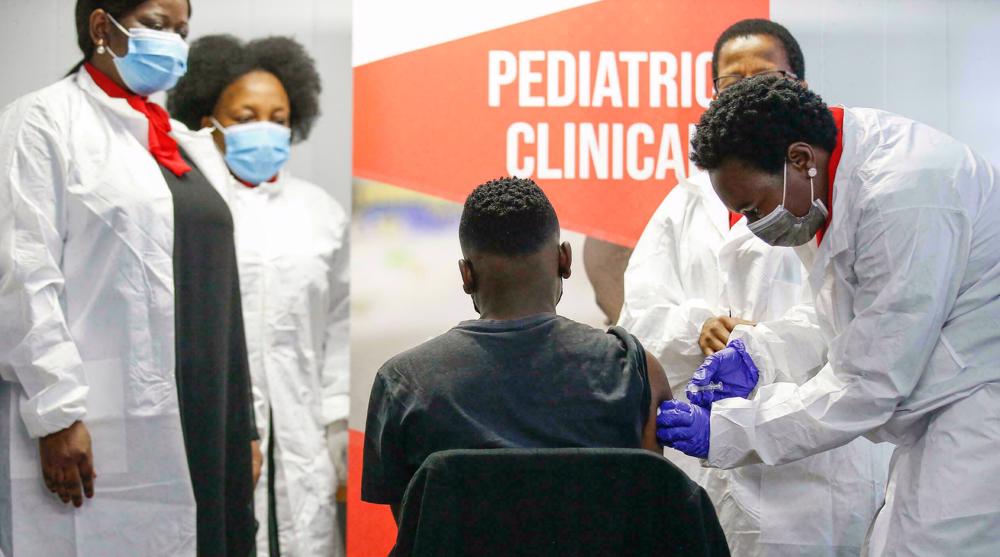

 This makes it easy to access the Press TV website
This makes it easy to access the Press TV website